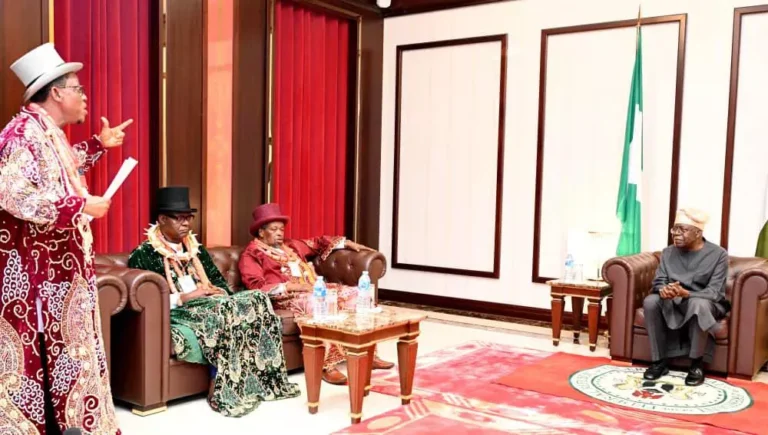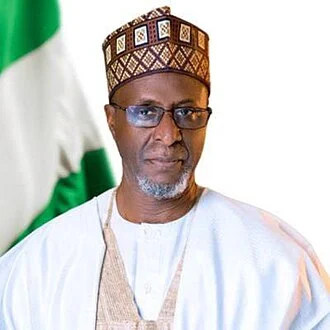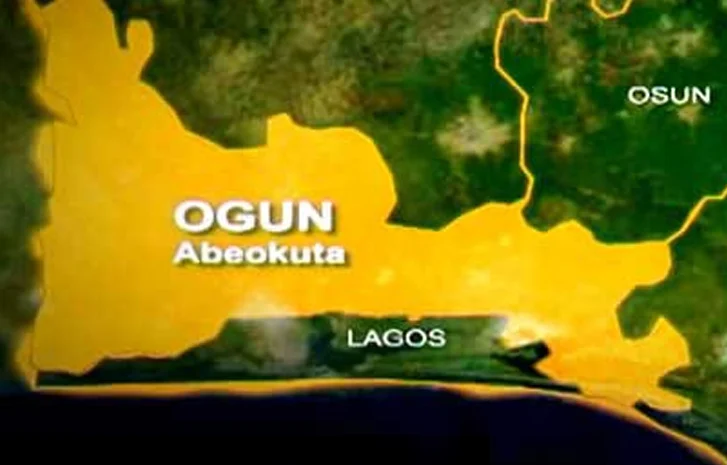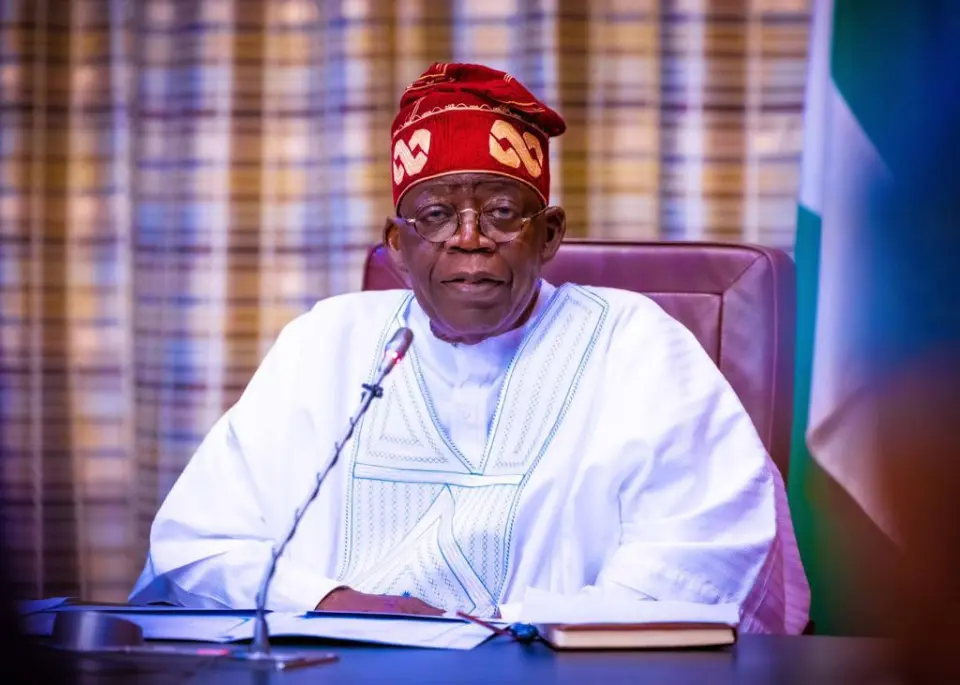
Tinubu's Ministerial Nominees: A Missed Opportunity for True Transformation, Experts, & Visionaries
As the list of ministerial nominees put forward by President Bola Tinubu for Senate approval is revealed, one can’t help but feel a sense of deja vu. While some may have hoped for a fresh, innovative, and expert-driven selection, what we see instead is a mixture of familiar political figures and allies of the president. This list leaves much to be desired for those who yearned for a government of true experts and not just the same old politicians we are accustomed to.
In this list, we find former governors, economists, health experts, lawyers, and Tinubu’s trusted allies. While diversity in expertise is always welcome, it seems like a missed opportunity to not have brought in more individuals from various sectors who have a track record of excellence and competence, untainted by political maneuvering.
One particular inclusion that stands out is former Governor of Rivers State, Nyesom Wike, a long-time member of the opposition People’s Democratic Party (PDP). While it is not unusual for politicians to switch sides, one cannot help but question the intentions behind his inclusion. Did he receive this nomination as a reward for not supporting the PDP’s candidate during the elections? Such a move sends a worrying signal that political loyalty might be rewarded more than expertise and competence.
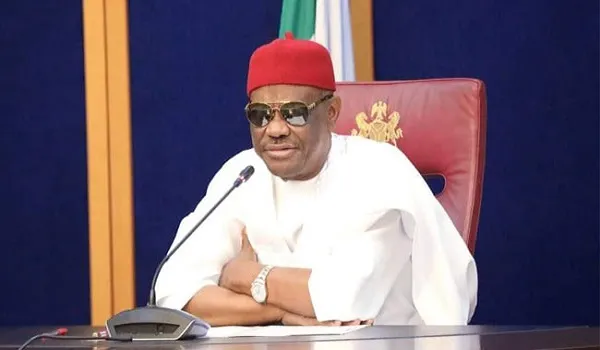
The list also features Ali Pate, a physician and professor who previously served as the health minister under President Goodluck Jonathan’s government. While his experience in the healthcare sector is undoubtedly valuable, one wonders why the list couldn’t include more fresh faces from the medical community, individuals with novel approaches to tackle Nigeria’s health challenges.
Moreover, the absence of prominent technocrats, researchers, and innovators raises concerns about the government’s commitment to embracing new ideas and strategies. Nigeria is a country rich in talent and potential, and it is disheartening to see this potential go untapped yet again.
The number of nominees itself is another point of concern. While it is true that President Tinubu’s list meets the constitutional requirement, the decision to nominate just 28 ministers in a country with 36 states raises questions about effective representation. Each state deserves a voice in the federal government to address its unique challenges and concerns. Reducing the number of ministers might lead to certain regions being overlooked, which is detrimental to national cohesion and development.
One can’t help but recall the protracted delay in forming President Buhari’s cabinet back in 2015, leading to a constitutional amendment to expedite the process. However, a rushed appointment should not be an excuse for nominating the same old faces without a vision for genuine change.
In light of the current global and domestic challenges, Nigeria needs fresh perspectives, cutting-edge ideas, and individuals with the expertise to navigate complex issues. We need ministers who prioritize the people’s welfare and not just political interests. While loyalty to allies is essential, it should never supersede the interests of the nation.
It is crucial that the Senate thoroughly evaluates each nominee’s qualifications, track record, and vision for the country. They must not approve these nominations simply as a formality but rather as a mandate to ensure that the government is staffed with capable hands who can lead Nigeria towards a brighter future.
In conclusion, the unveiling of Ahmed Tinubu’s ministerial nominees leaves a lingering feeling of missed opportunity. The inclusion of former political rivals and a lack of fresh, expert-driven faces raises concerns about the administration’s commitment to real transformation. Nigeria deserves leaders who will prioritize national development and progress over political loyalties. As citizens, we must hold our government accountable and demand the best minds to lead our great nation. Only then can we hope to see the true potential of Nigeria fully realized.




